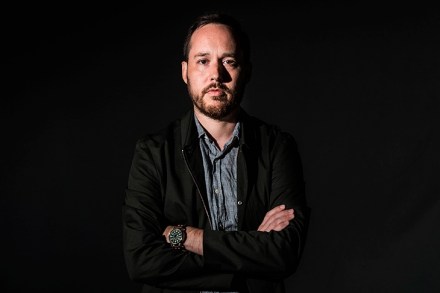Over the rainbow: D.H. Lawrence’s search for a new way of life
Lead book reviewWhen it comes to biography, some authors draw the punters, and others leave the mob cold. D.H. Lawrence has been written about a lot, from the moment he died. At least ten memoirs were published in the five years after his death by authors ranging from his sister and his wife to patrons such as































